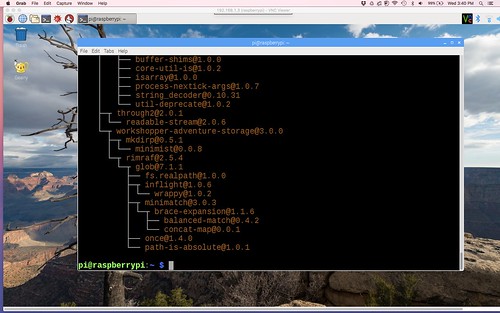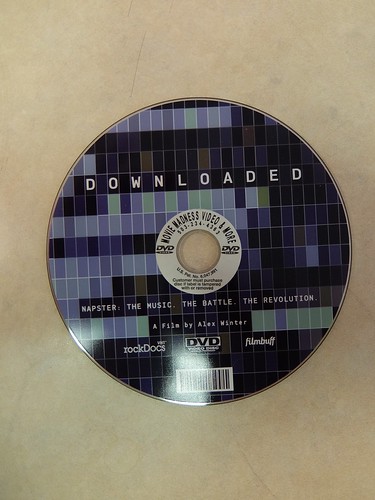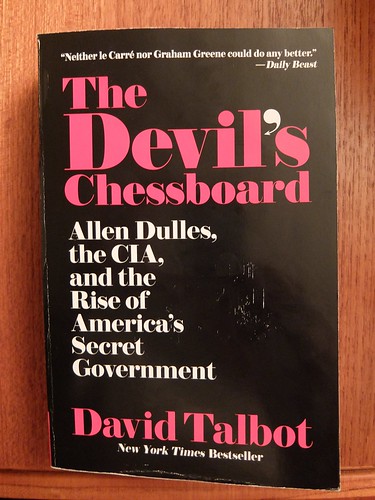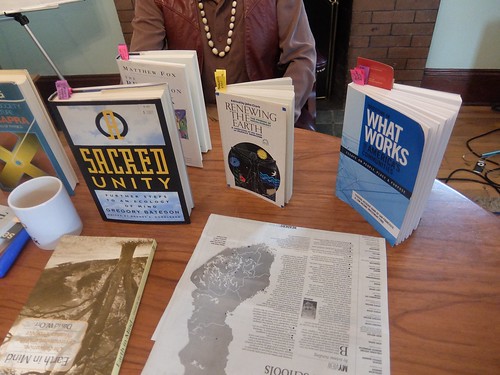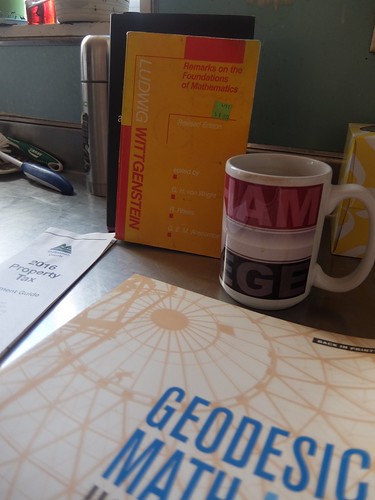The formal name for this lecture series is the Linus Pauling Memorial Lectures, organized by Terry Bristol's ISEPP (I used to serve on his board, and before that my partner Dawn was his bookkeeper). Tonight was the first lecture this season. He's had
an historic lineup of MVP (most valuable player) speakers, tonight's speaker being no exception.
Michael Shermer has made a name for himself around
Skeptic.com and as a columnist for
Scientific American. Other Wanderers besides me have had him on radar more than I, especially Glenn and Christine (and
of course Terry). Dr. DiNucci was there as well, and
the Buxtons.
Joe Arnold. I learned a great deal about the "Eclipse Economy" that's sweeping a sometimes reluctant-to-care central Oregon. August 21.
The lecture was perfect for the occasion, relaunching the lecture series, and right after a contentious US presidential election. His message is similar to
Steven Pinker's: objectively, many global trends are positive, in terms of less slavery, torture, outright war, more animal rights, more rational problem solving. The lecture hall was comfortably full, with many in the balcony pews.
Saying yesteryear's kings and queens had low living standards compared to those of us with air conditioning, central heating, refrigerators, was like a direct quote from Bucky (music to my ears in other words). "Accentuating the positive" remains a high calling, whereas evolution seems to predispose us to focus on the negative.
Given my recent immersion in Jungianism as filtered through
Russian mysticism, in the form of the four volumes I purchased by Maurice Nicoll, I was quite open to hearing about how negative emotions tend to drive the action. We're at the mercy of "monkey mind". That's how science and rational design patterns help us grow and mature as a species: we overcome mere reflex-conditioning.
He's not worried about overpopulation. The only terrorists he's really worried about are the ones who want to be dead, and think taking us all to kingdom come would be a best course of action. He sees more hope for those wanting to make course corrections as democracies are on the rise and he has charts and statistics to argue that's a good thing.
Shermer was brave and bold with his content, mocking the ethics of ages past. "What were they thinking?" is his implied caption to many a grim scene, from Medieval torture chambers to more recent lynchings. Mom reminded me later, when I briefed her on the lecture, that Eleanor Roosevelt was dead set against lynchings but FDR was mindful of wanting to keep the southern Democrats in his camp, a balancing act.
Michael is not shy about reminding us that when it comes to committing atrocities, no one holds a candle to certain Christians. Lets remember the Hitler Holocaust for what it was, a culmination of long-running trends. But then he shows that acts of genocide in general are going down. Lets not pretend ISIS invented beheading.
Speaking of beheading, in keeping with his French Enlightenment spin, he advertised the guillotine as maybe the most humane of the capital punishment devices. At least it's fast and efficient. Certainly "old sparky" is not withstanding the test of time. He thinks our ugliest practices are on the wane. That's what his new book is about,
The Moral Arc.
At the dinner afterward, to which I was cordially invited, Glenn and I had a whole table to ourselves. I wandered around snapping pictures, discarding most of them (not the best light), and enjoying the catered repast, certainly world class. The downstairs area of the First Congregationalist Church is perfect, as is the upstairs meeting space.
"How is this not a religion?" would have been the pithier version of my question, but meant inclusively, as Shermer was certainly seeing the great religions as masterful in their ability to adapt. He expects most of them will survive the Darwinian process, and as I often put it, the best religions are yet to come. Dr. DiNucci had just attended a church that meets weekly for singing and sermons, but with no talk of the supernatural encouraged.
During dinner, a butter aficionado visited our table wondering if he could take some of the butter balls. He returned for the rest of them later, saying his objective blood test data showed he could neutralize bad effects of carbs with plenty of butter. He enjoyed fatty breakfasts based on similar reasoning. We agreed this might be a personal quirk of his own biology. We're not all created equal when it comes to the details of our metabolism.

